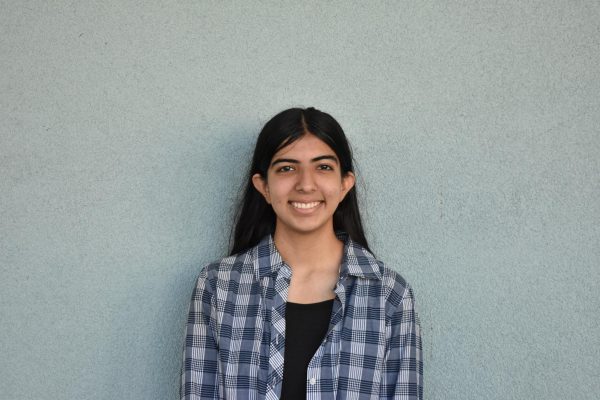Lunar New Year as state holiday bears limited impact, creates discourse
On Sept. 29, 2022, California Gov. Gavin Newsom signed Assembly Bill 2596 into law, recognizing Lunar New Year as an official state holiday. Although students and teachers in Palo Alto Unified School District (PAUSD) have not been affected by the bill, its passage—and its juxtaposition with several mass shootings on Lunar New Year—has sparked discussion around representation in Gunn’s Asian American community.
Celebrated in Asian countries such as China, Korea and Vietnam, Lunar New Year marks the beginning of the lunar calendar and comprises a plethora of traditions and staple foods that vary across cultures. Still, the emphasis of the holiday—reunion with family and friends—remains constant. According to a press release from Newsom, the classification of Lunar New Year as a state holiday serves to honor Asian American contributions and to encourage all Californians to participate in the holiday.
The bill’s passage has been primarily symbolic, given that it is not an official state holiday at the city, county and district levels. According to the district, if PAUSD does choose to recognize it as a school holiday, alterations would only be made beginning in the 2024-2025 school year. Moreover, teachers have a required number of work days as per the Collective Bargaining Units, and removing a day for Lunar New Year would entail adding another day elsewhere in the school calendar. This in turn would require negotiations between staff and teacher unions. Yet the proposal of such a policy is popular among students—in a self-selected survey sent out to Gunn students by The Oracle from Jan. 27 to Feb. 3 with 215 self-selected responses, 82.3% of students felt that students and staff should get a day off for Lunar New Year.
According to math teacher Danning Siu, the fact that the bill does not change policy at the district level reduces its impact on students and teachers. “People who paid attention to that news were only people who were affected by it, so if the school doesn’t do anything about it, and the district doesn’t do anything about it, then it’s meaningless,” she said. “As students and teachers, we only remember the holidays that we actually get days off for.”
I’m happy that all the people who have this festival in their culture finally get recognized by our community, society and government.
— Chinese teacher Yanan Vrudny
Still, others—including education specialist Timothy Young—find some merit in its designation as a state holiday, noting that it fosters a sense of inclusion. “When I was growing up, you had your holidays, but they’re like, ‘These are American holidays, and then these are the other holidays,’” he said. “Having Lunar New Year here in the States is an interesting feeling.”
Similarly, Chinese teacher Yanan Vrudny believes that the passage of the bill represents a symbolic step forward for Asian Americans celebrating the holiday. “I’m happy that all the people who have this festival in their culture finally get recognized by our community, society and government,” she said.
The change in holiday status came on the heels of a surge in violence committed against Asians during the pandemic—violence that has yet to cease, as is evident from the spate of shootings in California on and around Lunar New Year. On Jan. 21, 11 people were killed following holiday festivities at Monterey Park. On Jan. 23, seven lost their lives at Half Moon Bay. In both shootings, the victims were primarily Asian. Both perpetrators were Asian as well.
In the face of such violence on a holiday meant to be filled with joy, some students at Gunn have grappled with the gap between their expectations and reality. Such was the case with junior John Lee, who moved to Gunn from Seoul, South Korea, halfway through last semester. “I felt really bad because I felt like the United States was changing a bit,” he said. “There are still lots of crimes and harassment based on race.”
According to Lee, the best way to combat these hate crimes is through education. “It could be better if we gathered around all together to share more culture about Asia,” he said.
Vrudny believes that with this approach, Gunn can spread its culture of celebrating diversity. “Some people don’t get exposed to different cultures and they don’t think the way that we think at Gunn,” she said. “I hope to build this positive energy and pass it on to more people so that they are more loving and caring and supportive to each other.”
Your donation will support the student journalists of Henry M. Gunn High School. Your contribution will allow us to purchase equipment and cover our annual website hosting costs.

Senior Amann Mahajan is the editor-in-chief of The Oracle and has been on staff since January 2022. When she’s not reporting, she enjoys solving crosswords,...


